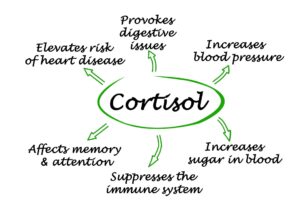
Mouth taping during sleep has gained popularity in recent years for its potential benefits. Here are some of the advantages associated with using mouth tape for sleep:
- Promotes Nasal Breathing: Mouth taping encourages breathing through the nose rather than the mouth during sleep. Nasal breathing helps filter, humidify, and warm the air before it enters the lungs, promoting better overall respiratory health.
- Reduces Snoring: Mouth taping can help reduce or eliminate snoring by preventing the mouth from falling open during sleep. Snoring is often caused by mouth breathing, and by keeping the mouth closed, airflow is directed through the nasal passages, reducing the vibration of tissues in the throat that leads to snoring.
- Improves Oxygen Intake: Nasal breathing allows for more efficient oxygen exchange in the lungs compared to mouth breathing. By maintaining proper airflow through the nasal passages, mouth taping can enhance oxygen intake and improve overall sleep quality. The main reason oxygen saturation improves is because carbon dioxide is nor overly expelled through the mouth while you sleep. Carbon dioxide is necessary for oxygen to enter the cells. Keeping your mouth closed while you sleep allows for the retention and this explains the better energy, mood etc the following day
- Enhances Sleep Quality: By promoting nasal breathing and reducing disruptions caused by mouth breathing, mouth taping can lead to deeper and more restful sleep. This can result in improved daytime alertness, cognitive function, and overall well-being.
- Supports Oral Health: Mouth taping can help prevent dry mouth during sleep by reducing saliva evaporation. This may contribute to better oral health by maintaining a moist environment in the mouth and minimizing the risk of dental issues associated with dry mouth.
- Encourages Proper Tongue Posture: Mouth taping can encourage the tongue to rest against the roof of the mouth, promoting proper tongue posture. This can aid in dental health, swallowing function, and even facial muscle tone.
- May Improve Sleep-Related Breathing Disorders: For individuals with sleep-related breathing disorders such as mild obstructive sleep apnea, mouth taping may help improve airflow and reduce the severity of symptoms by promoting nasal breathing and keeping the airway open. Many CPAP users find the tape helpful in assuring nasal breathing.
- Cost-Effective and Non-Invasive: Mouth taping is a simple, cost-effective, and non-invasive method to support nasal breathing during sleep. It does not require any special equipment or devices, making it accessible to a wide range of individuals.
It’s important to note that while mouth taping may offer benefits for some individuals, it may not be suitable for everyone. It is recommended to consult with a healthcare professional before trying mouth taping to ensure that it is safe and appropriate for your individual sleep needs and health conditions..




